Cannabis edibles are expected to hit Canadian shelves later this month, but before consumers go pick up some ‘special’ brownies, experts urge them to think twice about potential health risks.
“Although edibles are commonly viewed as a safer and more desirable alternative to smoked or vaped cannabis, physicians and the public should be aware of several risks related to the use of cannabis edibles,” wrote University of Toronto professors Dr. Jasleen Grewal and Lawrence C. Loh in a commentary published in the Canadian Medical Association Journal.
The authors point to impairments in cognition and mental health associated with the consumption of cannabis edibles, particularly among youth and senior populations. Alarmingly, the authors cite a Canadian report where youth seemed to believe that consuming cannabis edibles had positive effects on mood, anxiety and sleep, despite contradicting evidence.
There is less known about the health effects among those aged 65 and older, but studies suggest an increased risk of hypotension-related falls, irregular heart rhythms and potential drug interactions.
Part of the concern arises from the risk of overconsumption or accidental consumption of cannabis edibles. Unlike inhaled cannabis, there is a four-hour delay in the onset of psychoactive effects that could last up to eight hours. As a result, cannabis-naïve individuals may be at a greater risk for cannabis overconsumption.
To combat overconsumption and other adverse health effects, the Canadian federal government enforced new regulations around standard dosing information and restricted ingredients in cannabis edible products. These regulations could protect vulnerable populations from the harmful effects of cannabis edibles, but every individual may respond differently to the same dose or formulation of edibles.
Related: Here’s What You Need to Know About Cannabis
The warning coincides with the retail launch of cannabis edibles such as baked goods, gummies and beverages in stores across the nation. However, not all Ontario cannabis stores were stocked up with new edible products on Monday. In fact, consumers were not even surprised by the slow roll-out.
One consumer told CTV News, “It took us what seemed like forever to get cannabis in stores in the first place. It would be silly to think edibles will be any quicker.”
Residents of the Atlantic province Nova Scotia had access to cannabis-infused chocolates, teas and chewable candies in mid-December 2019.
Enthusiasm for the edible varieties appeared to drop months before it was officially legalized, according to a survey conducted by Dalhousie University. Lead study author Sylvain Charlebois attributed this to shortages of quality cannabis, high prices and a slow roll-out of physical locations.
On the other side of the border, cannabis edibles remain illegal at the federal level across the US. Medical and recreational cannabis use is fully decriminalized and legalized in 10 US states plus the District of Columbia.
This hasn’t stopped Canadian cannabis companies from moving into this untapped market. Canopy Growth Corp. announced its plan to commercialize “First & Free” cannabis products in early December last year.
Under pressure by regulatory and health authorities, cannabis retailers around the world will need to uncover and mitigate any potential health risks associated with cannabis products.

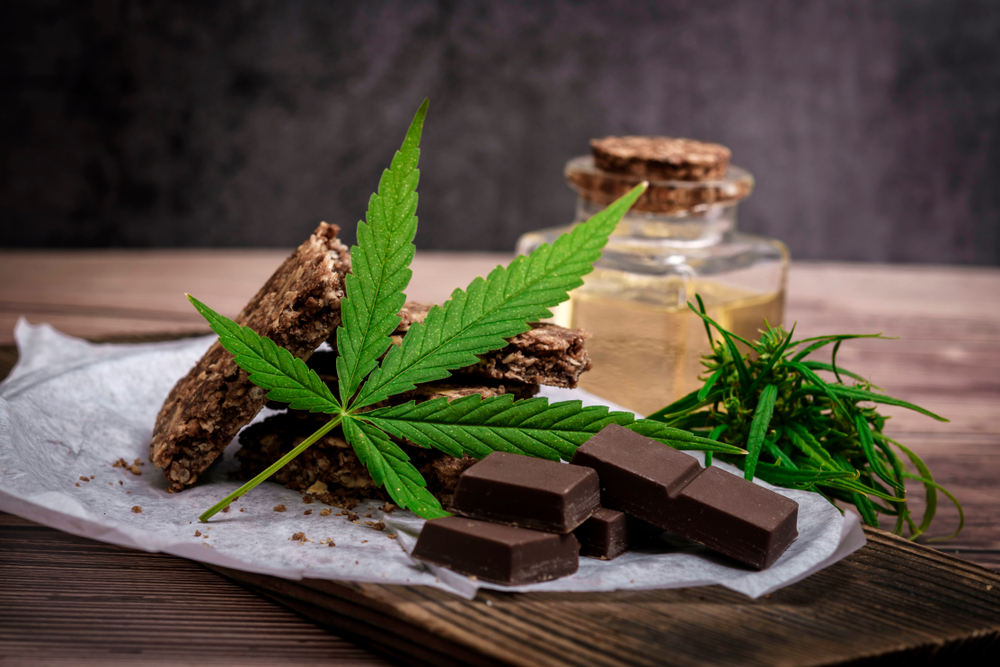
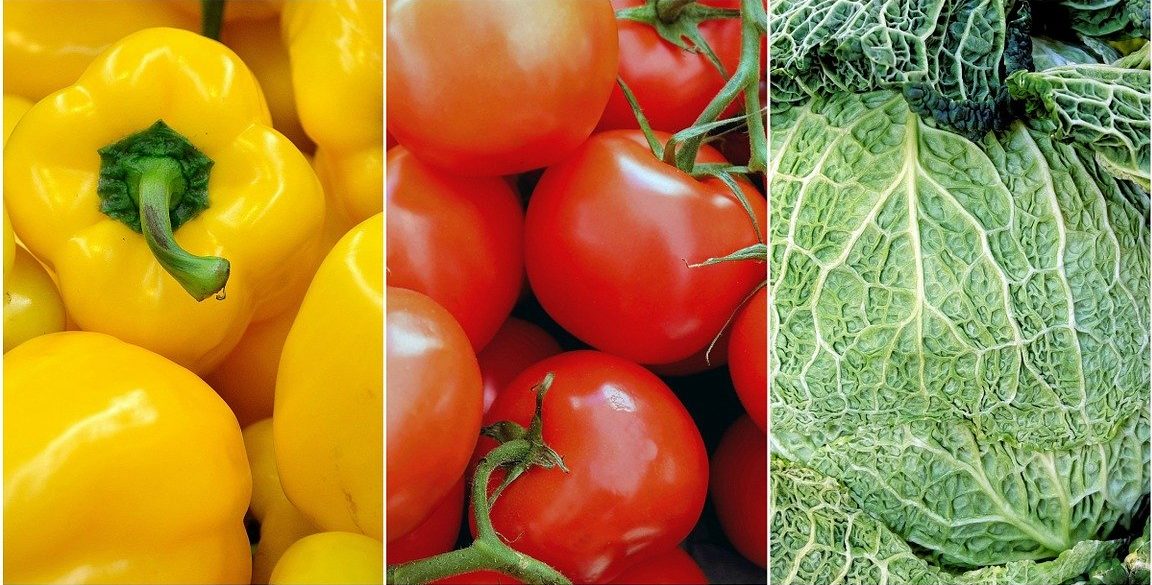
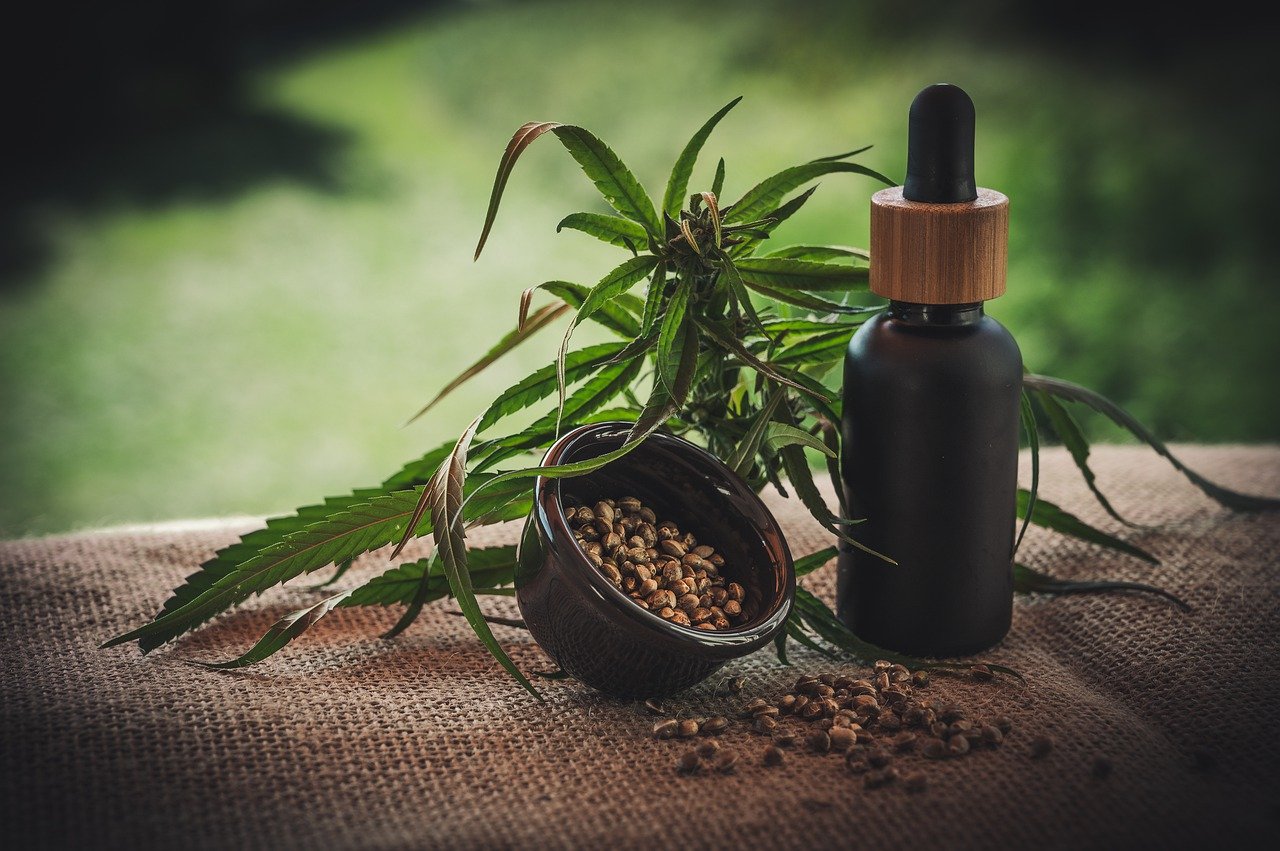
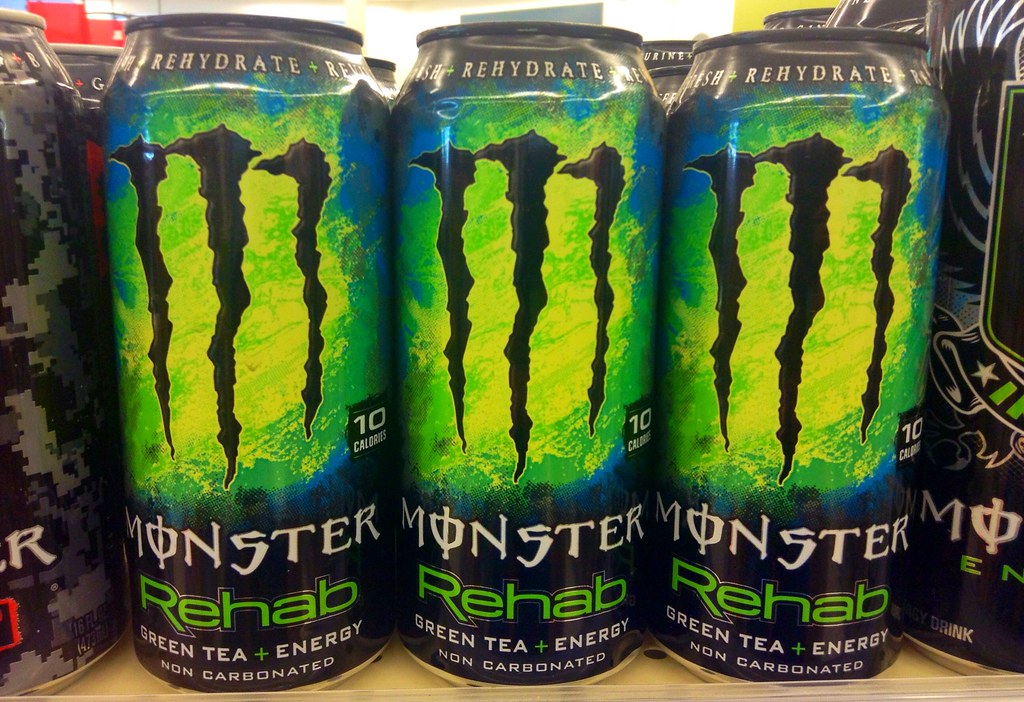
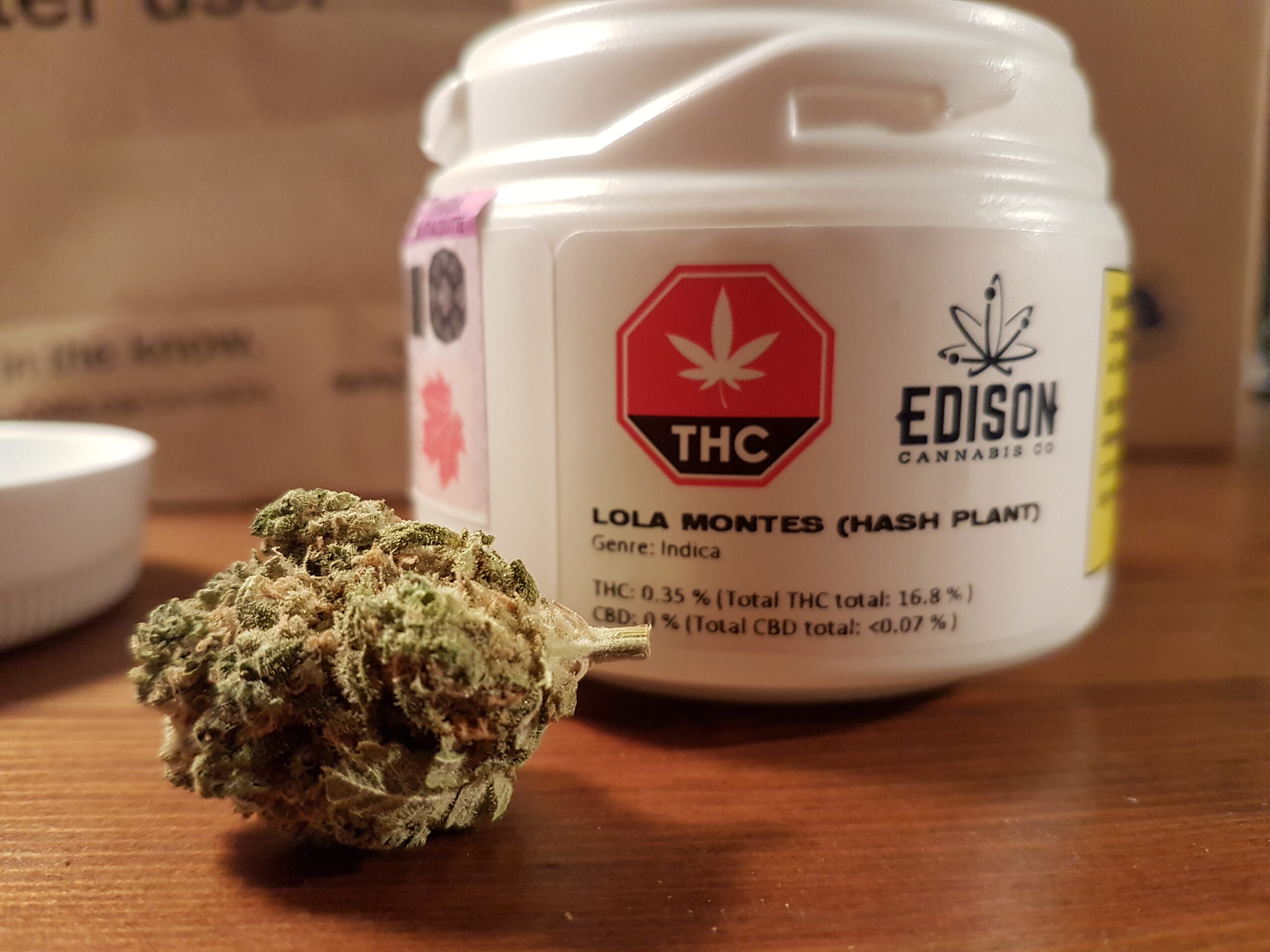
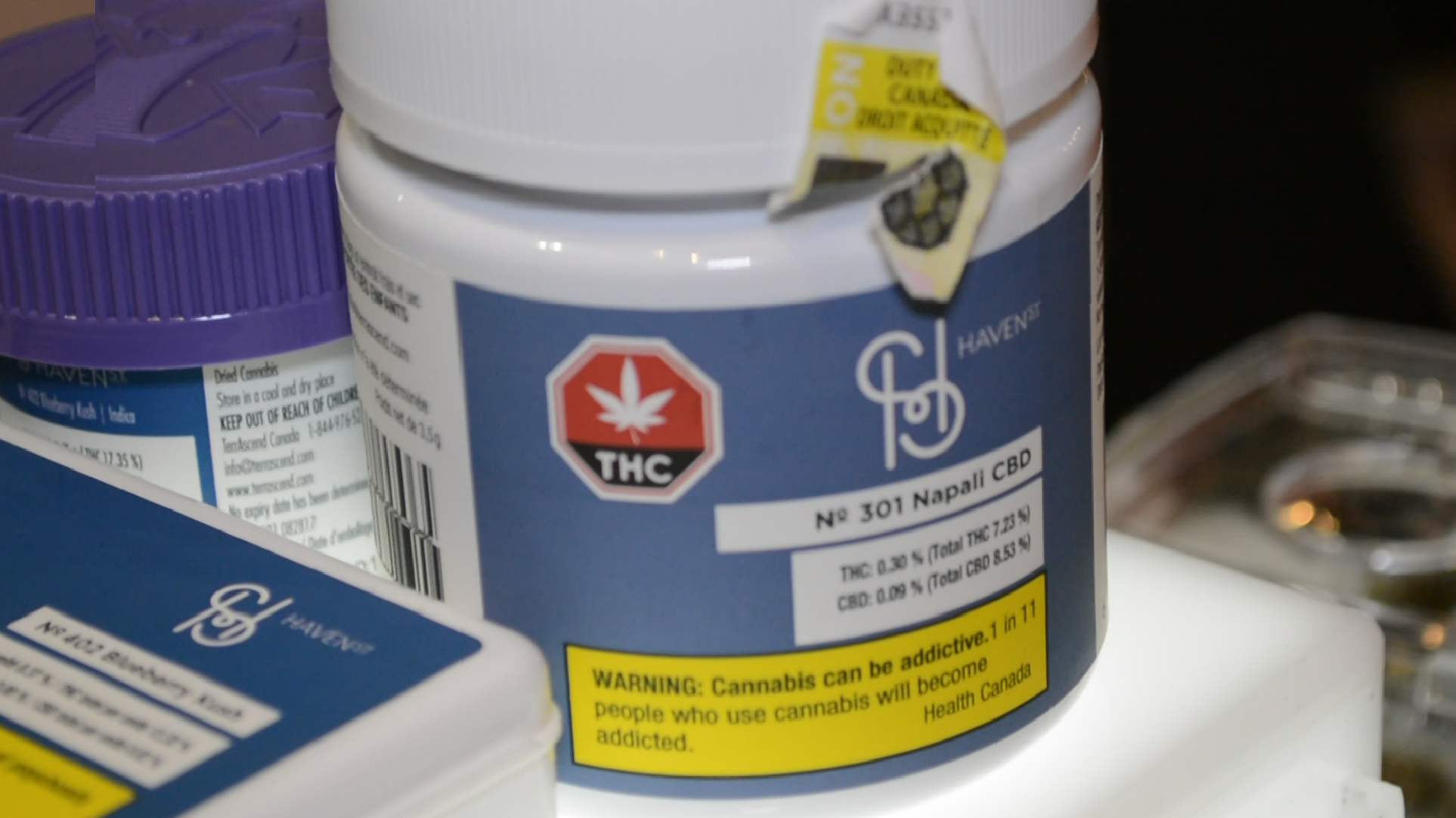




Join or login to leave a comment
JOIN LOGIN